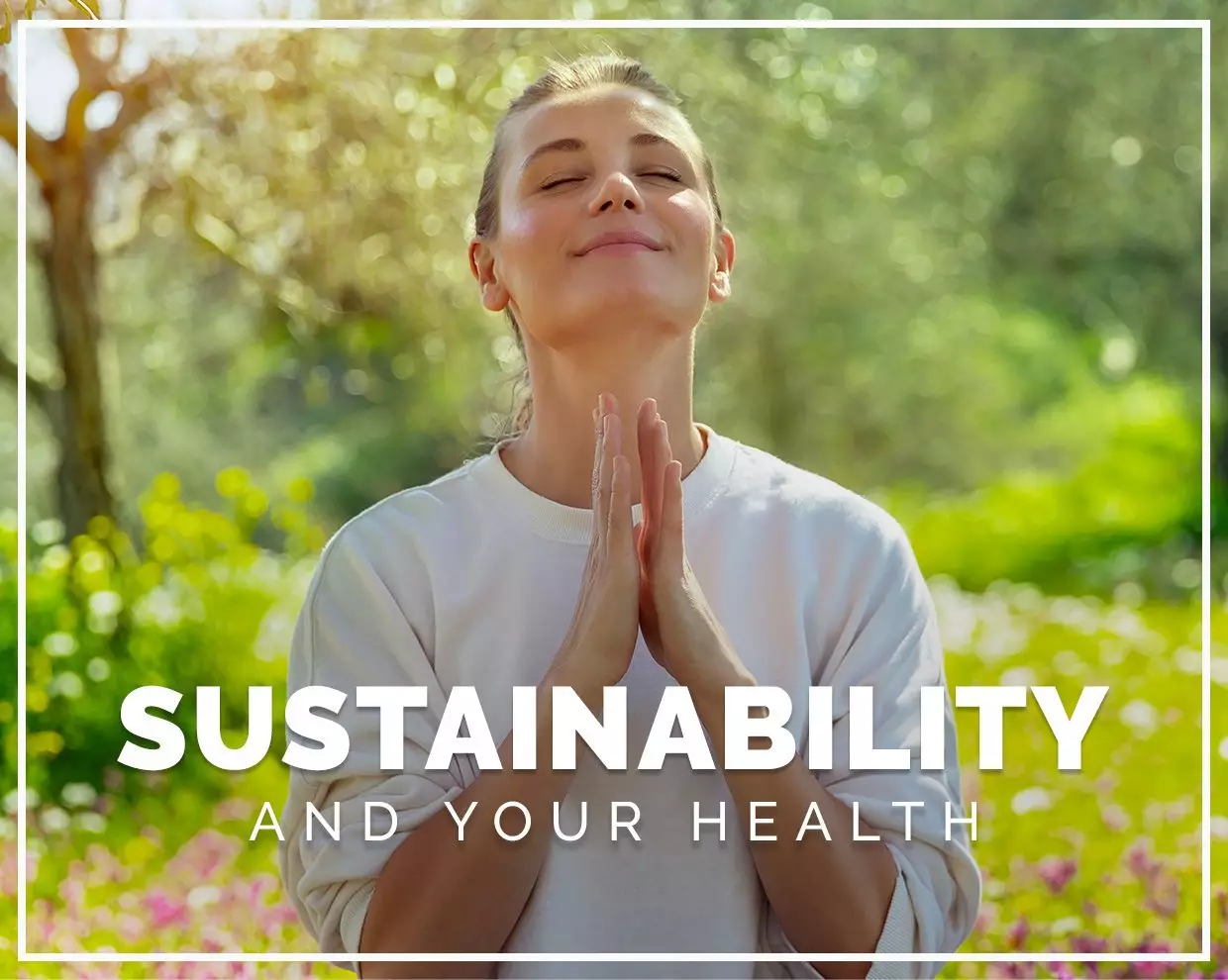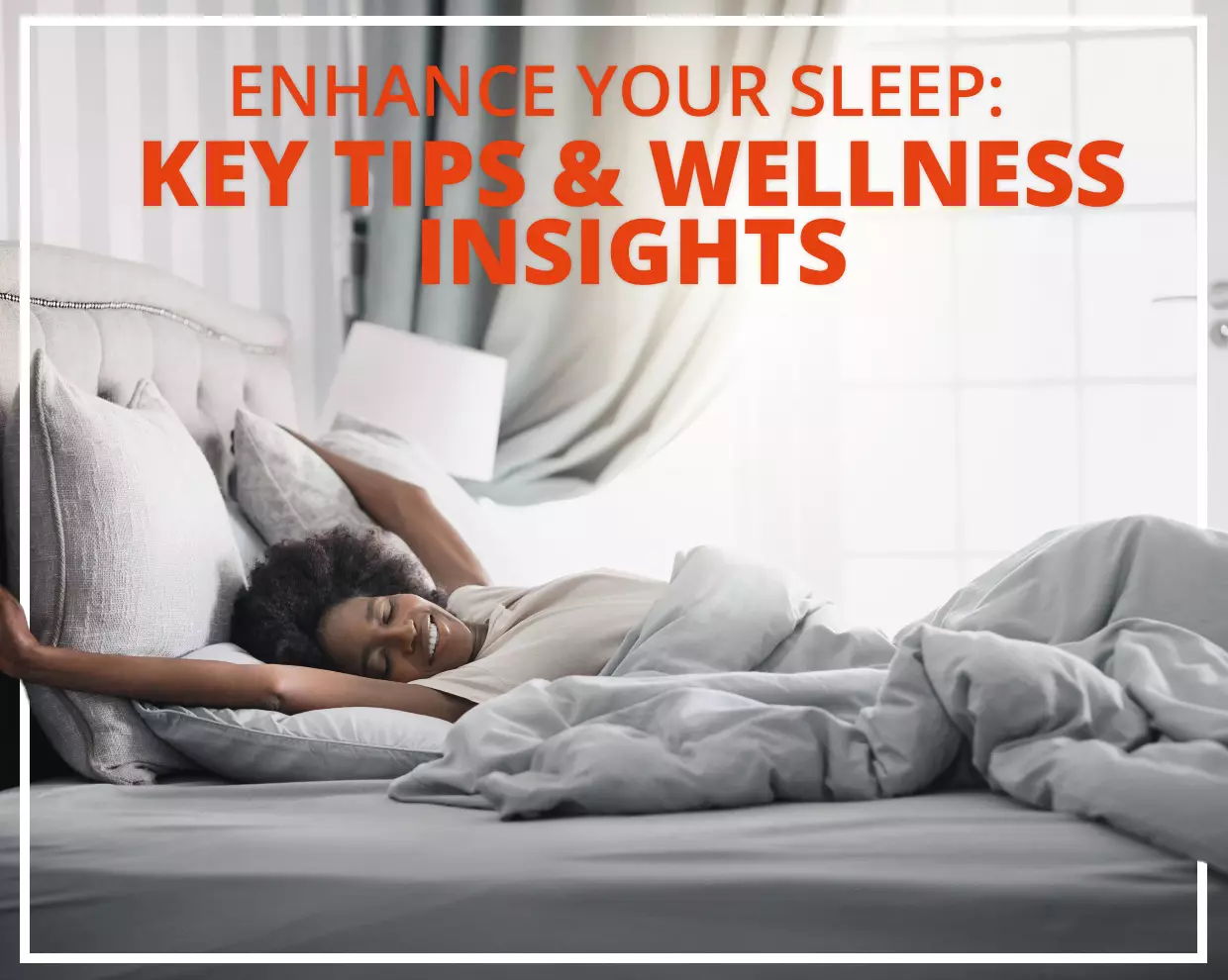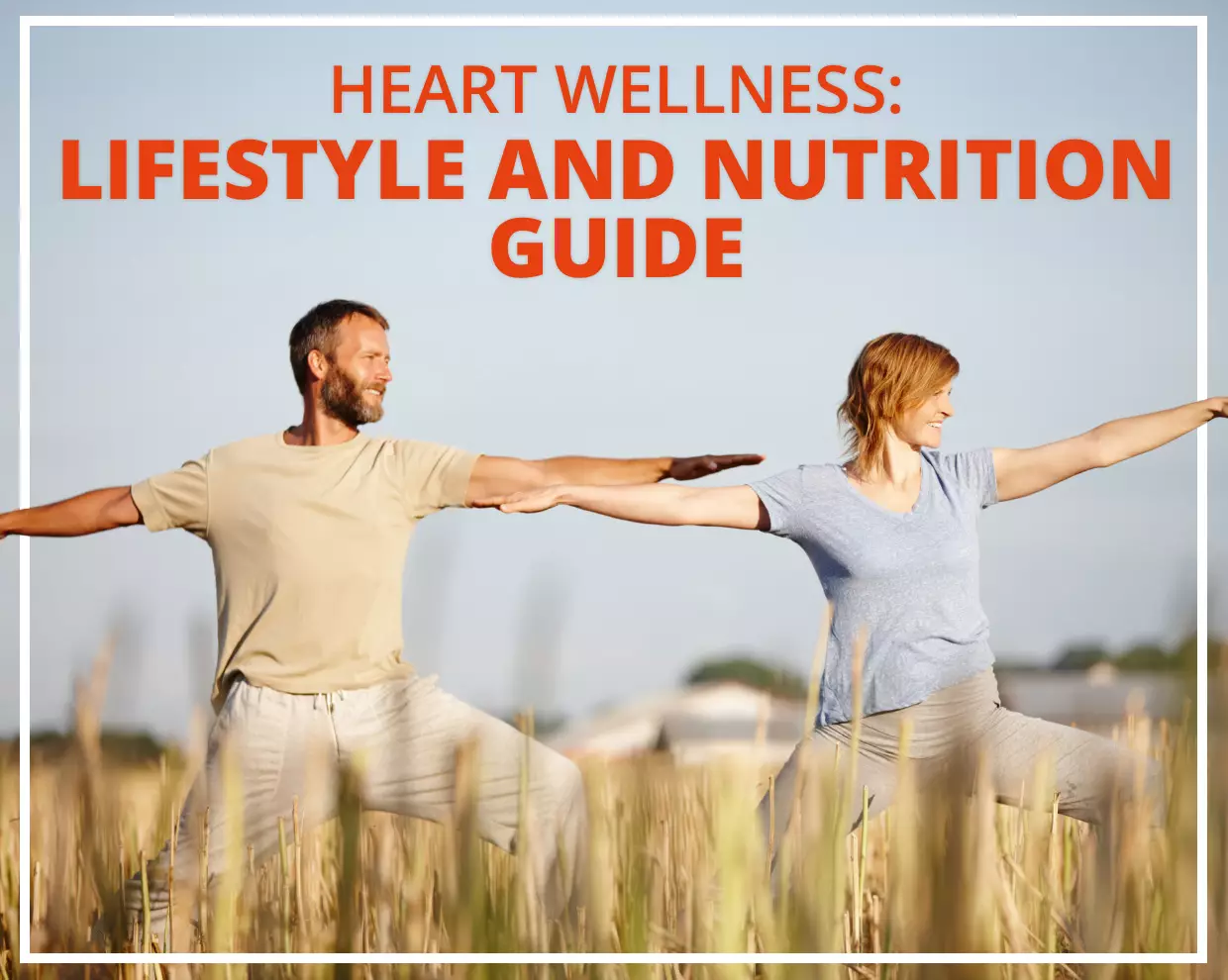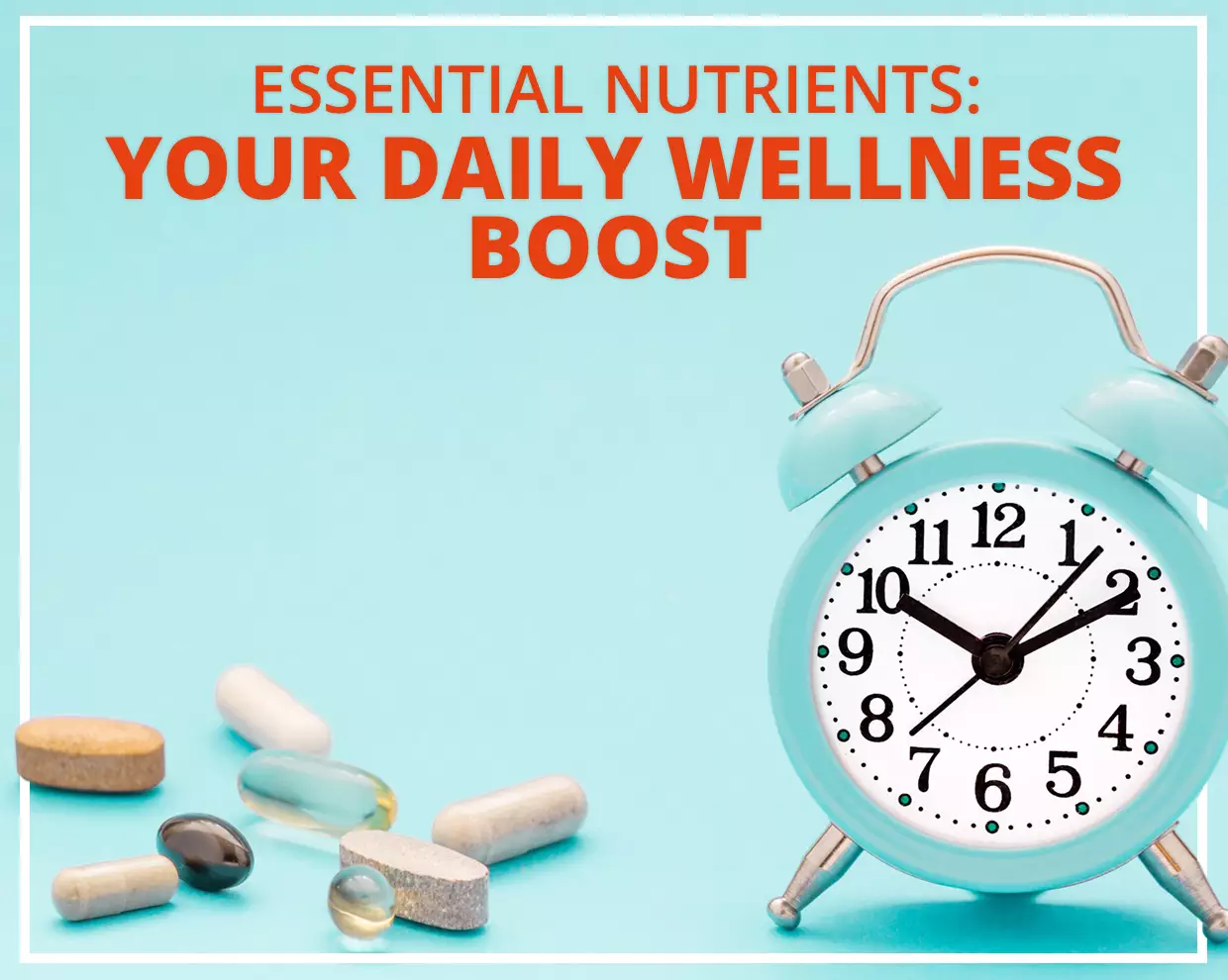The environment we live in plays an incredibly important role in our health and wellbeing, from the things we buy and the way we live, to the state of our homes and bedrooms. We may not realise it, but everywhere we go we are making either conscious or unconscious choices about the products we buy, which brands we support, and our impact on the environment. And our choices can have a ripple effect on our entire lives, as well as on our mindset, mood, and even stress levels. Unfortunately for most of us, convenience comes much easier than making conscious, sustainable choices. A recent study, which surveyed 10,000 people globally, found that 81% see themselves as eco-friendly, but just 50% actually buy products from eco-friendly brands(1). In this fast-paced, consumer-focused society, convenience and ease has become a priority, when what we actually need is to slow down and think about how our choices affect the world we live in.
Plastic contamination and toxicity
Our planet is suffering as a result of our convenience-focused lifestyle. Plastic contamination is everywhere, and there’s basically no way to avoid it, unless we actively purchase plastic-free products and make sure that what we put into and on to our bodies is coming from plastic-free packaging. Given the massive amount of plastic we use as humans daily, plastic contamination within our bodies is not a huge surprise, although it’s still largely uncertain just how toxic it really is to us(2). Yet numerous studies have shown that we consume tens of thousands of micro plastic particles every year — which can sometimes stay stuck in our lungs and livers causing potential harm to our bodies. In fact, research by the University of Queensland showed that microplastics not only enter our diet from seafood, but also from bottled water, sea salt, beer and honey, as well the dust that settles on our meals. Their research detected an alarmingly large amount of plastic contamination including polyvinyl chloride and polyethylene in seafood species such as squid, prawns, oysters, crabs — and the highest amount - 2.9mgs — in sardines.
Our commitment to reducing plastics
At Functional Self, we’re dedicated to reducing our plastic consumption. In 2020, we transitioned to Woolcool thermal packaging for the shipping of all temperature-sensitive products. It’s eco-friendly and provides a stable temperature during the shipping period. We also use paper tape for the necessary wrapping, and are working with our brands to improve the way products are packaged - moving away from plastics towards sustainable options including biodegradable packaging, aluminium tins and glass bottles
We’re proud to be taking these small but important steps towards supporting a more sustainable, greener planet, and in doing so we hope to help you make better, more informed purchasing decisions.
How a good clear out can help your health
Aside from supporting ethical brands and being mindful of plastic contamination, both in the products we buy and the food we consume, we can also control just how much waste we create and how much “stuff” we acquire. The first step is becoming aware of what we actually need, and getting rid of the things we’ve accumulated over the years by either rehoming, selling or giving away these items. Once we get used to the idea that we really need way less “stuff” than we think we need, we become more used to living with less. And this can have a profoundly positive impact on our stress levels and mental health too.
Clutter and your brain
Our brains love order, and clutter is highly distracting and can really reduce our brain’s ability to focus. A 2011 study by neuroscience researchers using fMRI (functional magnetic resonance imaging) found that clearing clutter from the home and work environment resulted in a better ability to focus and process information, as well as increased productivity(3), And it doesn’t stop there. People who sleep in cluttered rooms are also more likely to have sleep problems, including difficulty falling asleep during the night. In fact, research has shown that people with clean houses and bedrooms are healthier and sleep better than those with messy houses(4).
Creating a calming, relaxing clutter-free space
Whether you want to improve your focus, memory, sleep patterns or reduce stress, we must take a long hard look at our environment, and try to adopt a more sustainable, minimalist lifestyle. One study found that when measuring participants’ general wellbeing in relation to how clutter might be affecting their lives, there was a substantial link between dissatisfaction in life and procrastination and clutter. Prioritising making your environment a calming, relaxing, clutter-free space is one of the best steps you can take to living a healthier, less stressful, more minimalist life. Adopting a more minimalist lifestyle comes hand in hand with being more sustainable, often without you even realising. Since sustainability is all about using only what you need and not going overboard with your actions or possessions, minimalism meets that expectation perfectly by encouraging you to buy less stuff. Being a minimalist doesn’t mean you’ll have to make huge sacrifices or never buy anything new — it simply means you buy things with the right intention(5).
5 Hacks to help you minimise clutter
Try our 5 hacks to help you minimise clutter and make your environment more minimalistic to help you sleep better and feel more focused:
1. Find out how much food you need to get through the week and stick to that list, without filling up your fridge with food you’ll never manage to eat in a week. Similarly, try mindful shopping, and planning ahead by making a list of everything you need when you walk into the supermarket or shop, so that you don’t come away with things that you don’t actually need.
2. Try throwing out clothes and belongings that you don’t need, and take them to your local charity. Then you can start to replace what you need with more sustainable choices.
3. Rather than constantly buying things like paper towels, cotton wool or other non-sustainable toiletries, switch to eco-friendly, reusable products. You’ll be saving money while helping the environment too.
4. Since our brains love order, it makes sense to arrange your bedroom into a stress-free order that’s appealing to the eye. This will cause you to reassess whether you actually need some of your belongings, as well as helping the mind to feel calmer when you’re in your room.
5. As well as your “things”, try minimising your non-priorities, removing things from your diary if they’re taking up too much time. Prioritise self-care, activities such as reading, walking or other hobbies, and the people you love instead. This will help to reduce your stress levels and leave you feeling relaxed rather than overwhelmed, which will free up your mind and help you make more conscious, sustainable choices.
Retraining your brain through meditation
Another way to retrain your brain and change your behaviour is through the 1% rule. In his book, Atomic Habits, James Clear states that the best way to form new habits is by getting 1% better every day at something. His 2-step process to forming better habits is to spend a little time each day thinking about the highest leverage activity that is available to you, and spending a little time each day working on it - it’s just a matter of where you direct your energy. For example, a positive new habit could be meditation, which is one way of helping retrain the brain to promote a move towards more conscious consumption. When we meditate, we train our brain to slow down and our mind to become more conscious of its thoughts, patterns and reactions. The more we learn the workings of our mind, the more we’re able to control it, which can benefit us in all sorts of ways, such as helping us shop more mindfully and become more aware when we’re acting automatically rather than consciously.
Minimalism and building a more sustainable planet
Living a more sustainable, minimalistic lifestyle doesn’t need to mean making huge sacrifices. From choosing to support sustainable, smaller brands, to shopping more mindfully and incorporating self-care practices, such as meditation, to help focus our mindset, we can each make small but profound steps in the right direction and help support a greener planet. Minimising the clutter in our lives is often the first step towards becoming more sustainable, since it forces us to get rid of what we don’t need, helping us to realise that living with less doesn’t mean we lose out.
Would you like to find out more about how we're working to build a more sustainable planet? You can find all the details on our sustainability model here, including our long term goals and our journey so far. To shop our sustainable product range click here and discover the most environmentally-friendly health optimisation products available.
References
1 Interactions of top-down and bottom-up mechanisms in human visual cortex
2 Scientists are trying to find out exactly how much plastic is in our bodies—and what it’s doing to us
3 Tidier homes, fitter bodies?
4 Delaying Disposing: Examining the Relationship between Procrastination and Clutter across Generations
5 “16 Rules for living with less”: https://www.theminimalists.com/

 UK Store
UK Store  NZ Store
NZ Store AU Store
AU Store EU Store
EU Store









